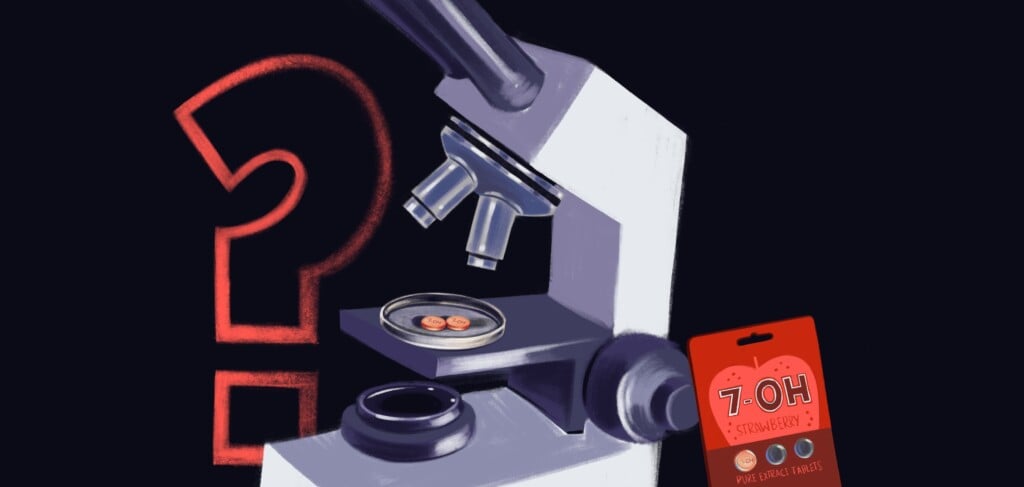Spin Zones
Results are the poetry of sports. Scoreboards speak perfect truths.
Missouri, we learned in late November, had a better football team than Kansas. Chiefs boss Carl Peterson can’t hide from 1994, the last year one of his teams advanced in the playoffs. It’s a fact that the Royals never lost 100 games in a season until David Glass bought the franchise.
So it’s especially discouraging when lies begin to invade the pursuits we look to for certainty.
Dayton Moore left the Atlanta Braves and became the Royals’ general manager a year and a half ago. With his pedigree, his graying military haircut and his formal manner (he instituted a jacket-and-tie policy for team officials), Moore brought instant credibility to an organization that had become a joke.
The honeymoon endures. Even when Royals fans call talk shows to complain, I’ve noticed, they usually say positive things about Moore. In 2007, Moore’s first full season in charge, the Royals failed to win 70 games for the fourth consecutive year. Yet optimism abounds.
The goodwill stems partly from the straight-arrow image that Moore has cultivated. In a 2006 interview with Kansas City Star columnist Joe Posnanski, Moore talked about building a team the city could bring home to Mom. “I would not hire someone unless I believed in his character,” Moore said. “I would not draft or sign anyone unless I believed in his character. I learned that lesson a long time ago. We will have a team Kansas City can be proud of, I promise you that.”
The promise rings hollow, however, in light of Moore’s efforts to obtain Milton Bradley and Jose Guillen, two of the most abrasive players in baseball. And last month, Moore acquired an infielder who was suspended by his last team after his wife called the police.
Royals fans might have missed the trade. On the day that George Mitchell’s steroids report splashed all over the national news, Kansas City sent pitcher Billy Buckner to Arizona in return for second baseman Alberto Callaspo. A 24-year-old switch hitter, Callaspo was trying to establish himself as an everyday player for the Diamondbacks when, last May 10, officers took him into custody on suspicion of misdemeanor assault and felony criminal damage. Callaspo’s wife, Marianny Paola, told police that Callaspo punched and kicked her after an argument. Callaspo told police that he broke Paola’s cell phone in anger; he said he pushed and kicked her after she came at him.
The Diamondbacks suspended Callaspo after his arrest. The Arizona Republic reported that Paola complained to the police of other assaults. She said she struggled with Callaspo as he wielded a knife on one occasion; she claimed that on another, he struck her head with his fist. Addressing her account of the knife episode, Callaspo told police that he wrested the blade from Paola, who was threatening to kill him, their toddler and herself.
In the end, no charges were filed. Callaspo rejoined the Diamondbacks nine days after his arrest. The team said Callaspo, after seeing a mental-health professional, had been found fit for work and had agreed to recommended counseling.
Moore traded for Callaspo less than two weeks after he signed outfielder Jose Guillen to a three-year deal. Guillen, 31, has never spent three full seasons with one team. He tends to wear out welcomes. He tossed a bat salad in the clubhouse while in Cincinnati. He threw a helmet in the direction of his manager in Anaheim. In Washington, he tried to fight teammates.
In addition to showing a unique inability to control his temper, Guillen is an alleged cheater. The league office suspended him for 15 games of the 2008 season after a report that he bought steroids and human growth hormone as recently as 2005. (Guillen is appealing the suspension.)
Last June, Moore traded for Milton Bradley, another well-traveled hothead. In the course of his career, Bradley has feuded with his bosses, confronted fans, called a black reporter an “Uncle Tom,” gone to a hospital after being publicly intoxicated, served three days in jail for fleeing a traffic stop and had home visits from police after 911 calls.
The trade was canceled because Bradley couldn’t play; he had strained an oblique muscle. The outfielder finished the season in San Diego, tearing his knee when his manager tackled him in an effort to keep him off an umpire.
Royals officials defend their recent acquisitions. In an e-mail, Mike Swanson, vice president of communications, tells me that the Royals were satisfied with the way the Diamondbacks responded to Callaspo’s arrest and with the separate investigations by authorities in Phoenix, Major League Baseball security and the players union. Moore, Swanson says, would not consummate a trade “without fully investigating the situation and understanding there are two sides to every story.”
As for Guillen, the Royals see passion in what others may regard as instability. “If he is guilty of anything, it’s that he might step out of the box a little bit when trying to get the most out of his teammates or himself in attempting to win,” Swanson says.
As someone who has needed second and third chances, I believe in them. But Moore’s scoutmaster act needs to go the way of losing seasons.
Moore isn’t the only sports figure in these parts to suffer bouts of disingenuousness.
Carl Peterson’s official Chiefs bio notes that he went to West Point — even though the Man of Many Titles resigned his commission at the academy after just one year and spent the Vietnam era attending college in sunny Southern California.
Retired Kansas State University football coach Bill Snyder told Sports Illustrated in 1998 that his “priorities have always been family, faith and football, in that order.” Yet in the same story, Snyder’s son from his first marriage said he and his sisters never saw the coach, who was legendary for working himself — and his assistants — like galley slaves.
It’s easier for me to respect someone like Bill Parcells, who coached the New York Giants to Super Bowl wins. Parcells is manipulative, despotic and occasionally cruel. He belittles reporters. Once, he thought a receiver was malingering and called him “she.”
But Parcells’ appeal is that he does not claim to be anything other than a football obsessive. Speaking to author Michael Lewis
in 2006, Parcells copped to being an incomplete human being. “It’s a cloistered, narrow existence that I’m not proud of…. All I think about is football and winning,” he said.
This sports fan will take shallow over insincere any day.
A decent playoff showing would be nice, too.




